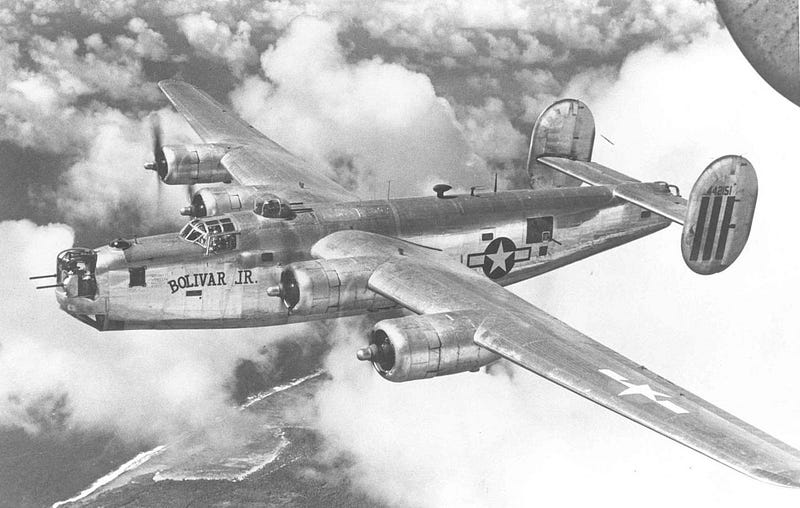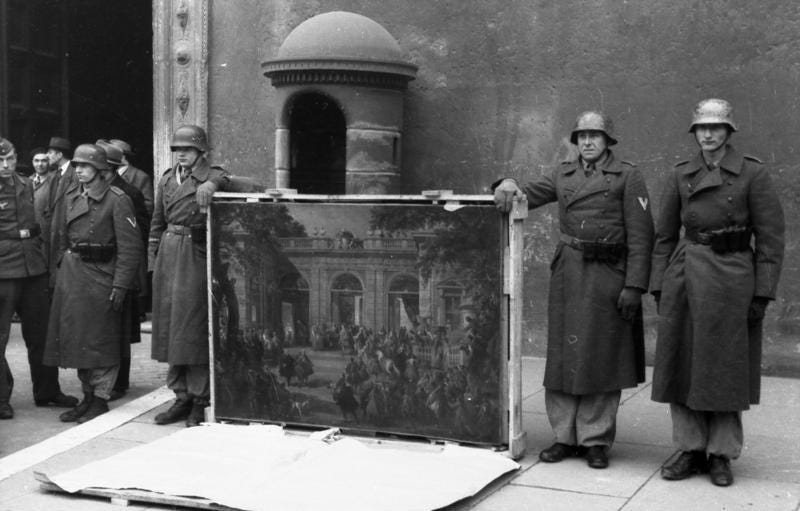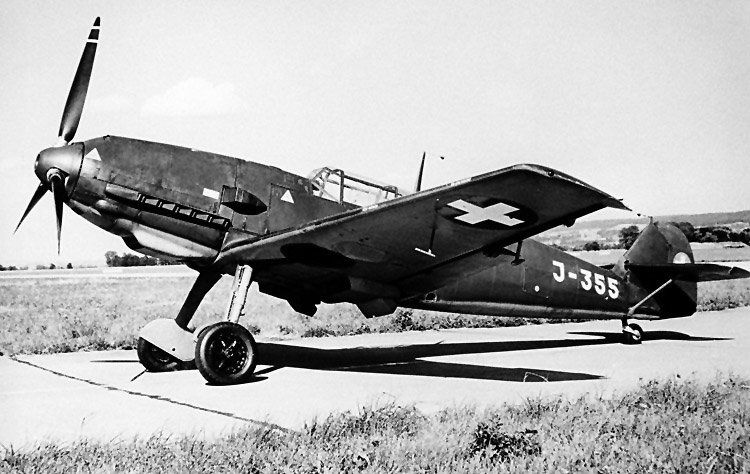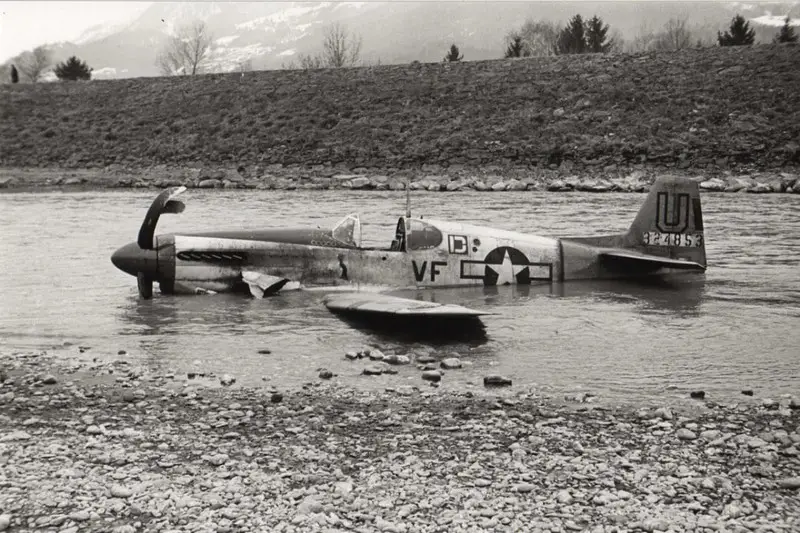 witzerland is known for its neutrality during the 20th and 21st centuries. The country has been committed to its policy of neutrality so much that it still refuses to join the EU or NATO to this day. Being surrounded by three of the most powerful military powers on the planet, many would think that aligning yourself with someone would be a prerequisite to keeping your independence. As it turns out, this is wrong.
witzerland is known for its neutrality during the 20th and 21st centuries. The country has been committed to its policy of neutrality so much that it still refuses to join the EU or NATO to this day. Being surrounded by three of the most powerful military powers on the planet, many would think that aligning yourself with someone would be a prerequisite to keeping your independence. As it turns out, this is wrong.
Even though Switzerland is technically neutral, there were times when it had to use its armed forces, most notably during the Second World War, when the neutral country engaged in combat against both Axis and Allied troops to protect its sovereignty.
The Allies
It is surprising that Switzerland would attack what many saw as the ‘liberating force of Europe’. Even with this title being attributed to the Allied troops, it wouldn’t stop the Swiss from defending their sovereignty against those who unlawfully encroached on their territory.
Although the Swiss were quite lenient towards the Allies in terms of them breaching Swiss airspace, it will all change with one mistake performed by an American B-24 bomber pilot on 1 April 1944 when the town of Schaffhausen was mistaken as Ludwigshafen am Rhein, an important German town over 200km away.

This accidental bombing resulted in the death of over 40 Swiss residents and the destruction of over 50 buildings, some of which were factories producing war supplies such as the German Bf-109 fighter plane. The Swiss attitude tightened up with this event. As a result, between 1943 and 1945, nine Allied aircraft were shot down either by flak or Swiss fighters leading to the death of over 30 Allied airmen.
Although most of the Allied incursions into Swiss airspace were seen as ‘accidents’ due to the many mistake bombings of civilians in Switzerland, some still perished due to this breach of sovereignty. Of those Allied pilots who survived after being shot down over Switzerland either by the Swiss themselves or the Axis, most were treated very well, with some Allied pilots even preferring to crash land in Switzerland due to their preferential treatment towards Allied pilots.
The Swiss were strongarmed into acting favorably towards the Allies, especially near the end of the Second World War, when bombing campaigns across the Alps were more active. It is said that the American Army section in Bern warned the Swiss foreign minister about the mistreatment of US POWs, saying:
“The mistreatment inflicted on US aviators could lead to ‘navigation errors’ during bombing raids over Germany”
The Axis

It’s well known that Switzerland was used as a hub for the Axis, more specifically Germany, when transferring valuables such as gold and captured national treasures that could not under any circumstances be captured by the enemy. Due to this mass transfer of goods between the two countries, the Swiss acted favorably towards the Nazis during the early stages of WW2. Even so, this had its limit, as seen during the Battle of France.
During this battle, Swiss neutral air space was violated by the Luftwaffe on 197 separate accounts. Justifiably the Swiss acted and shot down some of the aircraft that encroached on their territory leading to 11 German aircraft being shot down in the span of a month. This made Hitler angry as he was ‘wasting’ German equipment against a country that he wasn’t meant to be fighting against. Due to pressure from Berlin, Switzerland began being more lenient towards Axis aircraft which encroached on Swiss soil, leading them away from Swiss air space rather than shooting them down.

Unlike the Allies, the Swiss also had skirmishes on the ground against the Axis. Throughout the duration of the war, multiple skirmishes on the Swiss-Italian border between a mix of German and Italian troops took place. These conflicts materialized mostly out of confusion but nevertheless led to the unfortunate death of many Swiss and Axis soldiers.
Since the Second World War, Switzerland has not engaged in direct combat on its soil. After the end of the war, the country became a bastion of neutrality, not faltering on its foreign policy even after all of the countries which surrounded it joined NATO. Throughout the Cold War and even after its end, Switzerland refused to support one side, although it acted more favorably towards the western powers, a move justified by their position.

Student of Philosophy, Politics and Economics. History fanatic. Contact: aneculaeseicg@gmail.com





